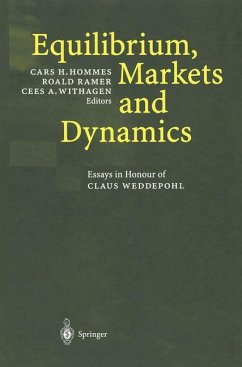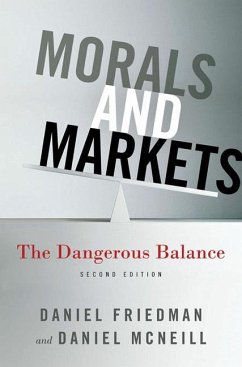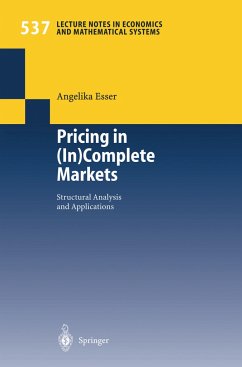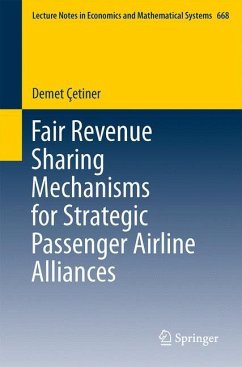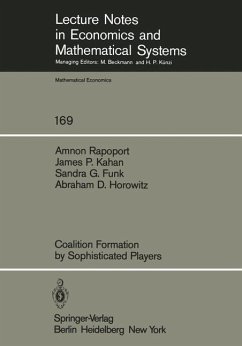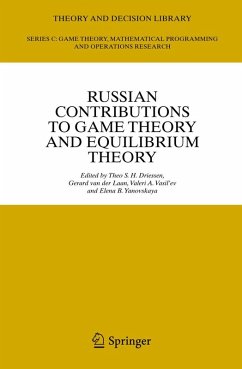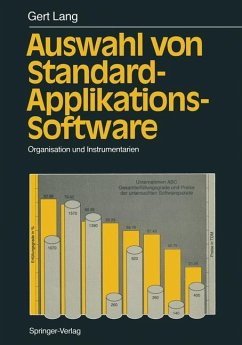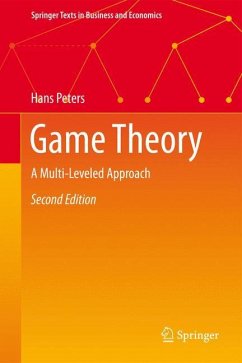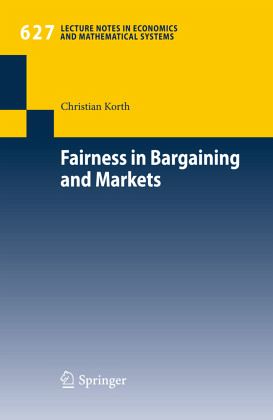
Fairness in Bargaining and Markets

PAYBACK Punkte
42 °P sammeln!
This book focuses on economic bargaining theory. Economic bargaining theory seeks to predict the outcomes of bargaining situations. In such situations, govern ments, ?rms, or individuals share a mutual interest in cooperation; however, they also have con?icting interests regarding the terms of an agreement. A classic ex ample of such a situation is wage bargaining between unions and employers. More commonplace examples also exist. For instance, a discussion between partners on how to spend an evening can be understood as a bargaining situation. Economic bargaining theory explores the relations...
This book focuses on economic bargaining theory. Economic bargaining theory seeks to predict the outcomes of bargaining situations. In such situations, govern ments, ?rms, or individuals share a mutual interest in cooperation; however, they also have con?icting interests regarding the terms of an agreement. A classic ex ample of such a situation is wage bargaining between unions and employers. More commonplace examples also exist. For instance, a discussion between partners on how to spend an evening can be understood as a bargaining situation. Economic bargaining theory explores the relationship between bargaining situ ations and the outcomes of the bargaining. Economists have two primary reasons to show interest in this relationship. The ?rst reason is that many important human interactions, including economic interactions, are bargaining situations. The second reason is that the understanding of these situations may inform the economic theory of markets. The tool utilized in this study is the mathematical theory of games. Predictions for bargaining outcomes are developed by modeling the bargaining situation as a strategic game and using game theoretic equilibrium concepts in order to solve the game. In this approach, the speci?c identi?ed bargaining outcome depends on the assumptions underlying the model. The neoclassical and fundamental assumption is that of rational agents-called economic men-who strive to maximize their utility based on stable preferences.





